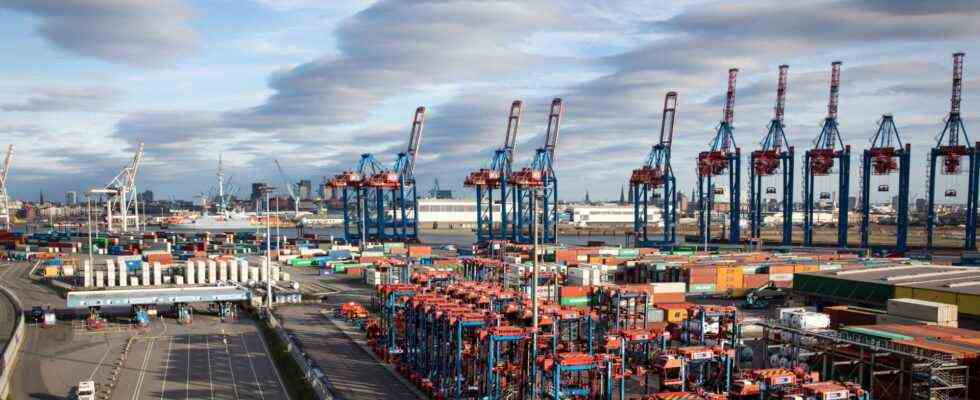As of: 06/29/2021 1:57 p.m.
German industry has been complaining for months that a lack of raw materials and intermediate products is slowing down production. The Kiel Institute for the World Economy has now calculated the foreseeable costs of the delivery bottlenecks.
Delivery bottlenecks, delivery delays and material shortages could cost the German economy around 25 billion euros this year. This estimate by the Kiel Institute for the World Economy (IfW) is the result of a current study. “The supply bottlenecks will probably continue to burden industrial production well into the third quarter, and only then should there be a clear improvement,” said Klaus-Jürgen Gern, head of the international economic analysis at IfW Kiel.
IfW authors Joscha Beckmann and Nils Jannsen write that gross domestic product is likely to have been depressed by around one percent in the second quarter alone due to the additional delivery bottlenecks that have occurred since the beginning of the year.
“Complex causes”
The causes of the delivery bottlenecks are complex, which is why the duration is difficult to predict, as the experts explain. The reasons included transport bottlenecks in shipping, at the same time the need for intermediate goods such as semiconductors has increased noticeably due to the strong economic recovery in many places and the shift in private consumer spending towards durable consumer goods.
Individual events such as the temporary blockade of the Suez Canal or extreme weather events would also have had an impact. As a result, since the outbreak of the Corona crisis, the industry has increasingly been unable to process its orders to the usual extent, the economists state: “In April 2021, industrial production was almost eleven percent below the level that the incoming orders would have been expected.”
Catch-up and catch-up effects
“As soon as the supply bottlenecks are resolved, two factors will give industrial production a tailwind and for some time will likely grow significantly faster than the new incoming orders,” predicts the IfW. On the one hand, there will be catch-up effects as soon as the industry increases its production to the usual level.
“The current level of incoming orders suggests an increase in industrial production of around ten percent.” On the other hand, there are catch-up effects as soon as the pent-up orders are processed. “As a result, production will temporarily rise above its long-term normal level,” the economists expect.

